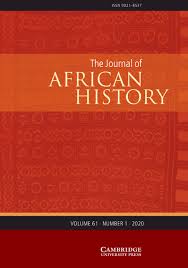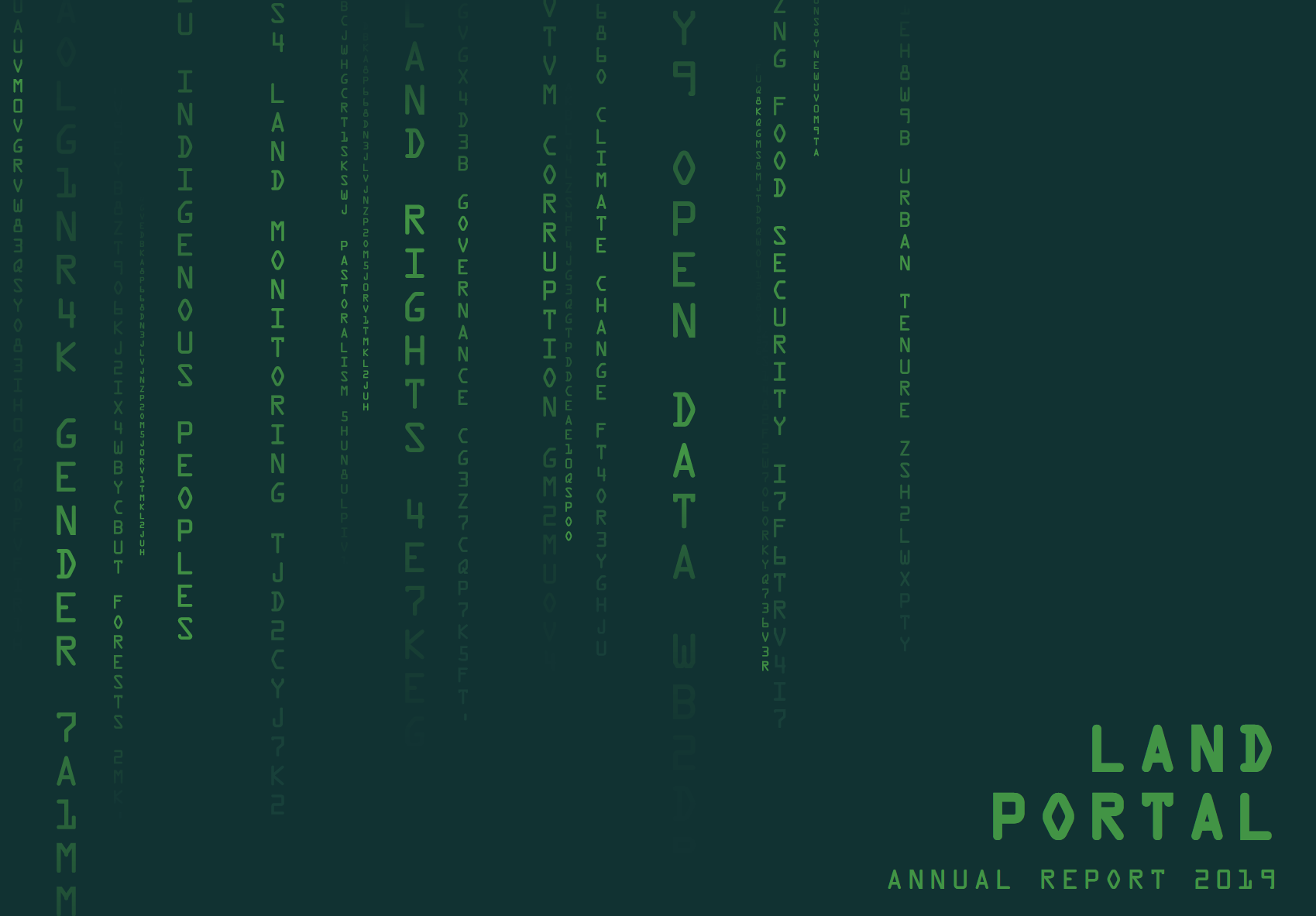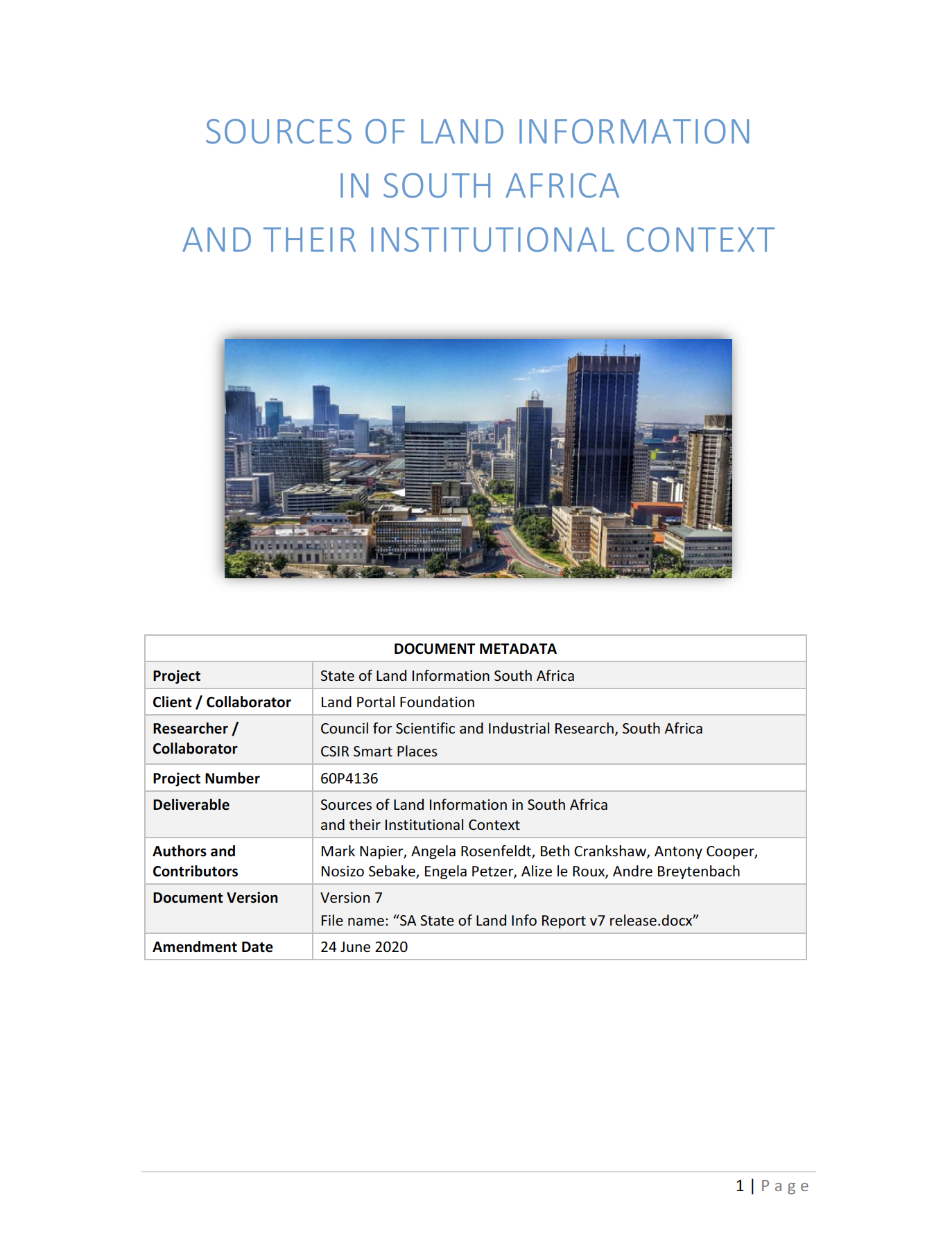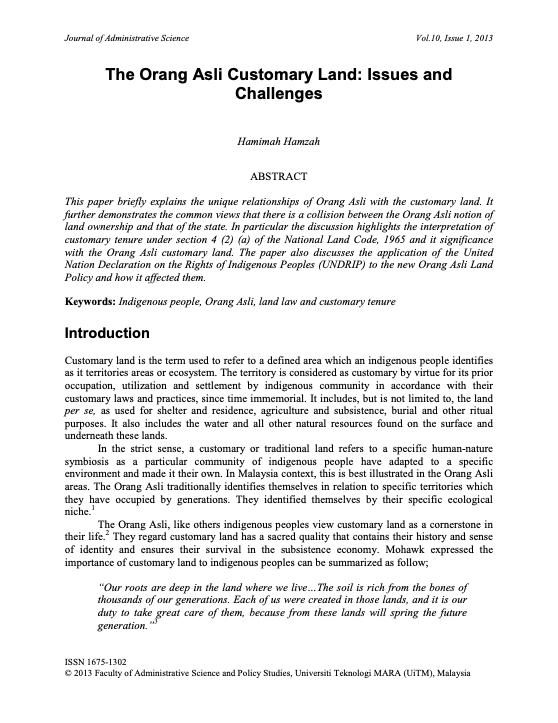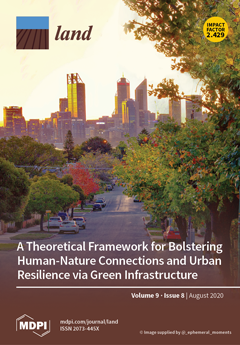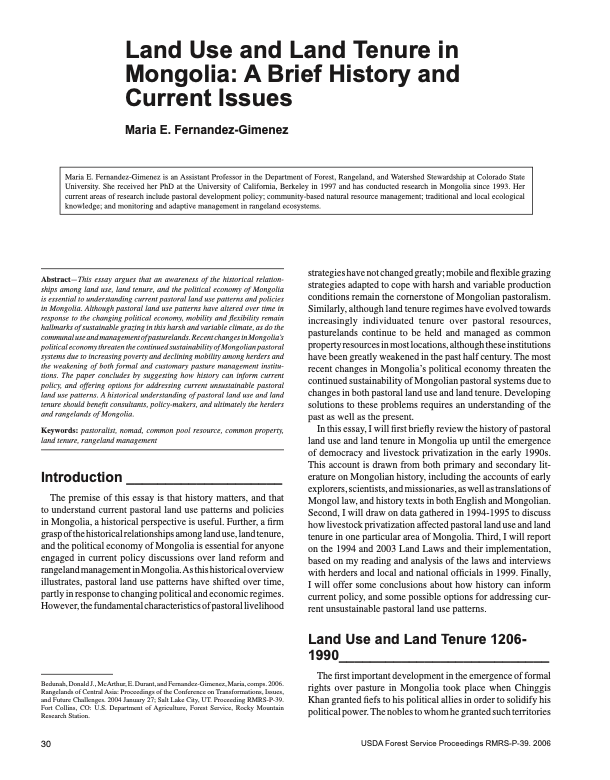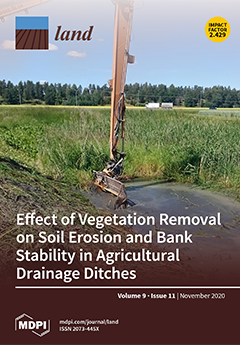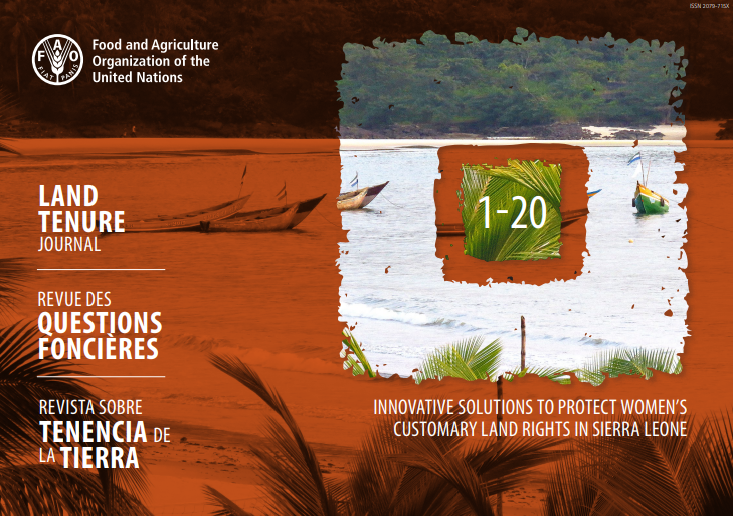Development, politics and the centralisation of state power in Lesotho, 1960-75
The rhetoric of development served as a language for Sotho politicians from 1960–70 to debate the meanings of political participation. The relative paucity of aid in this period gave outsized importance to small projects run in rural villages, and stood in stark contrast to the period from the mid-1970s onwards when aid became an ‘antipolitics machine’ that worked to undermine national sovereignty.

